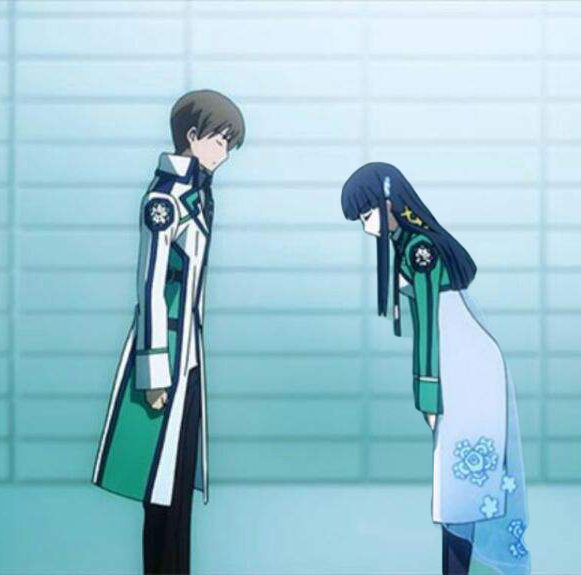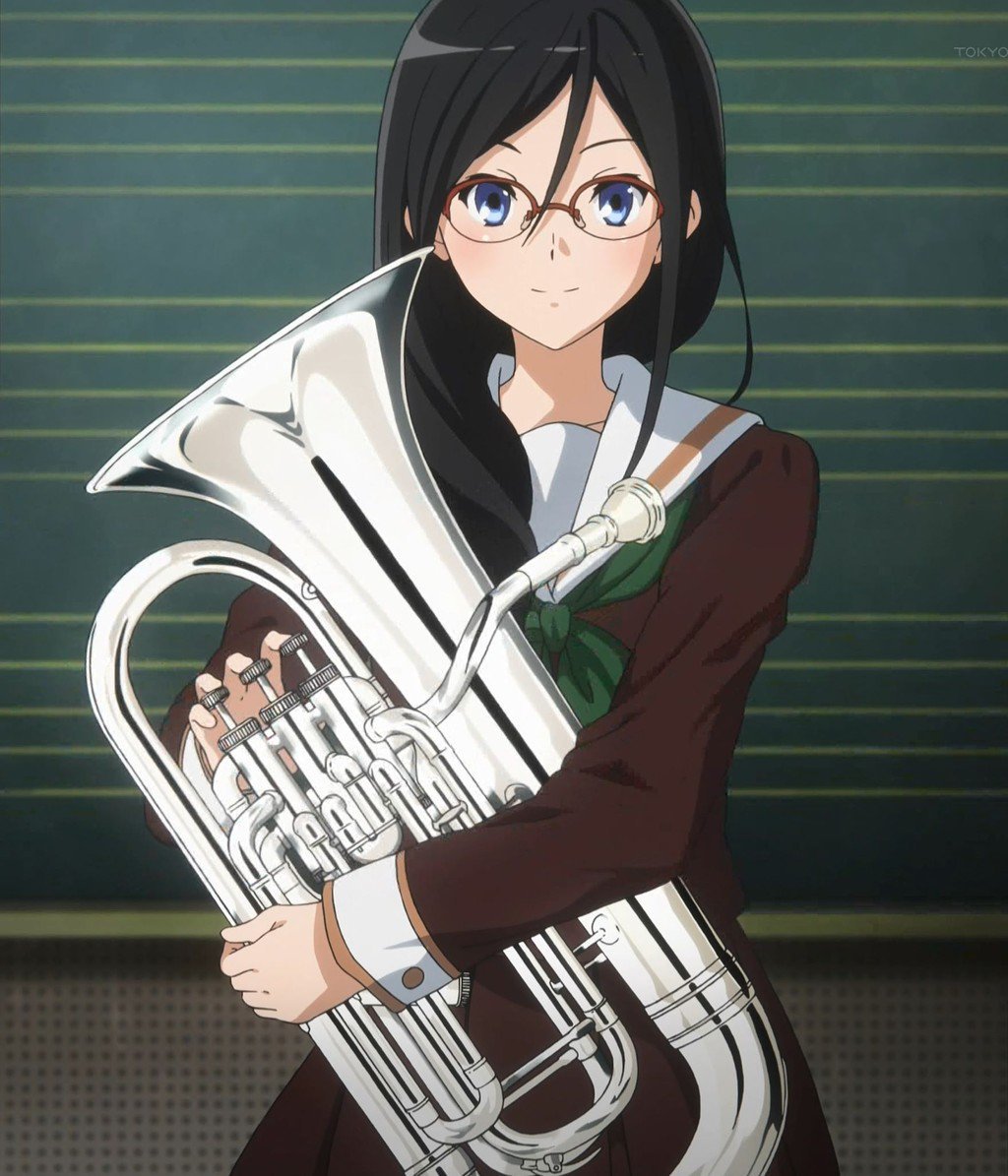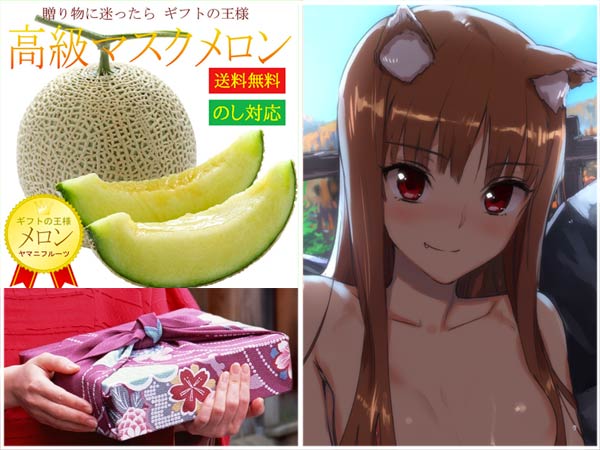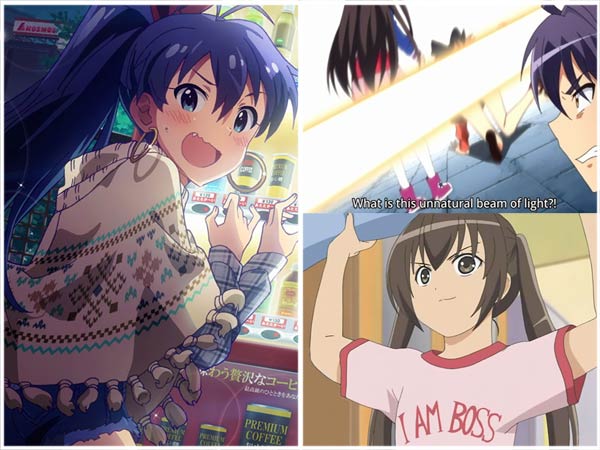All in all, “here are your gums” is not something you’d expect to hear outside a discussion of orthodontics, but a Japanese friend of mine said it to me once. She was handing me a big bag of gum I’d bought that day, and had assumed that since each piece of gum was individually wrapped, it was proper to pluralize the word. Without a doubt, telling which nouns can be counted (one apple, two cars) from ones that must be organized into groups first (one bag of gum, three pieces of furniture) is a big challenge for Japanese learners of English. There’s nothing like count nouns in Japanese, a language where you don’t even indicate plural vs. singular unless you need to be specific for some reason, and the often arbitrary nature of them — why are jeans and underpants counted as “pairs” anyway? — can be a challenge. My friend demonstrated this when she wrote on the outside of a folded-up note to me, “This is not a trash!” (to make sure I didn’t throw it away accidentally).
Japan is a unique place, and the economic forces that cause this kind of business or that to spring up can be interesting to observe. During my 16 years in the country, I’ve seen quite a few businesses that don’t exist in the U.S., or if they do, I’ve certainly never come across them. First and foremost, Japan has a lot less space than the U.S., and in especially crowded areas like train stations it’s common to see people eating tachi-gui soba, or noodles that you eat in a tiny noodle shop while standing up, with nary a stool to sit on in the whole place — which becomes part of the fun, after a while. Normally remodeling bathrooms presents a challenge because you can’t bathe during the construction, but not in Japan, where there are at least three large public bath / sauna / hot spring baths within easy driving distance to my house. If you are out and find you’ve had a little too much to drink, you can call a daiko, essentially a taxi service with a spare driver who will follow you home in your car, so you have it the next morning. Similarly, I’ve recently seen izakaya, cozy Japanese bar-restaurants, advertise a pick up and drop-off service: an employee from the company will pick you up and then drop you off at home when you’re done with your party. Finally, for those times when couples feel the need to be alone, there are always Japan’s famous Love Hotels, where you can enjoy a clean, private environment, with or without the Arabian Nights theme or Alcatraz theme.
You don’t often think of Japan as a miltary power, but the three branches of the Self Defense Forces represents one of the largest militaries the world, ranking behind the U.S., Great Britain, France and Germany in size. Due to its warlike past, the existence of Japan’s armed forces is a potentially touchy one, and the government takes certain steps to avoid having its military appear threatening to its neighbors. For example, it shortens the range of all Japanese fighters by giving them smaller fuel tanks, and never uses the word “military” (in Japanese, gun, pronounced “goon”) in any official capacity to refer to itself. The Japanese are an extremely peace-loving people, so much so that there were huge demonstrations when the government decided to send unarmed peace-keepers to Cambodia in the 1990s. Japan also sent 600 SDF personnel to Iraq to assist with rebuilding efforts despite heavy political opposition, but since the soldiers are forbidden from combat, they’re being defended by units from other countries. Just about everything in Japan, it seems, has to have a cute mascot associated with it, and the JSDF is no exception: Prince Pickles and his girlfriend Parsley-chan are on the job, defending peace and acting as the official face of Japan’s military. Or if you prefer, check out the popular line of Female JSDF members rendered in little anime-style PVC figures, a very popular toy line in Japan now.















